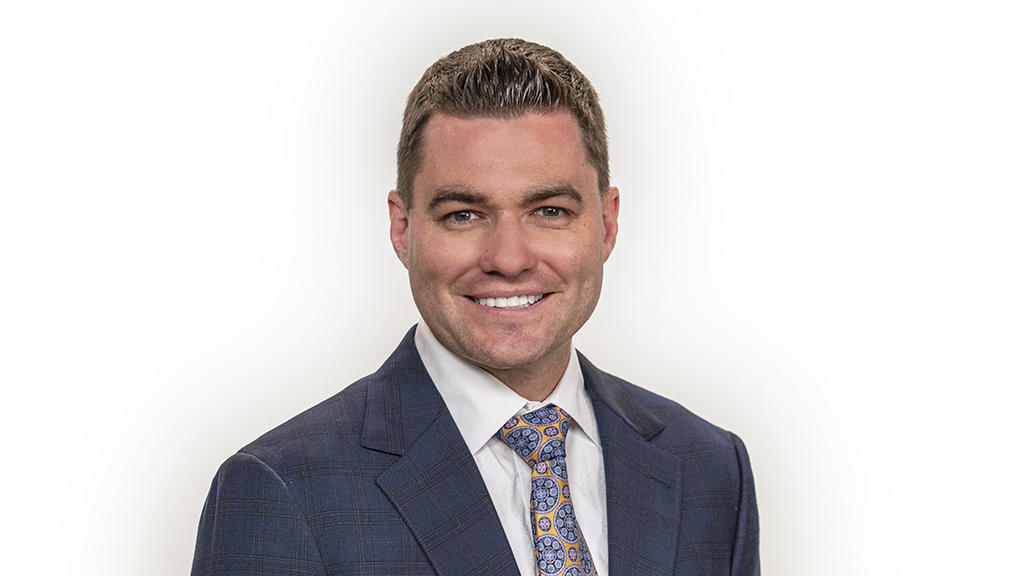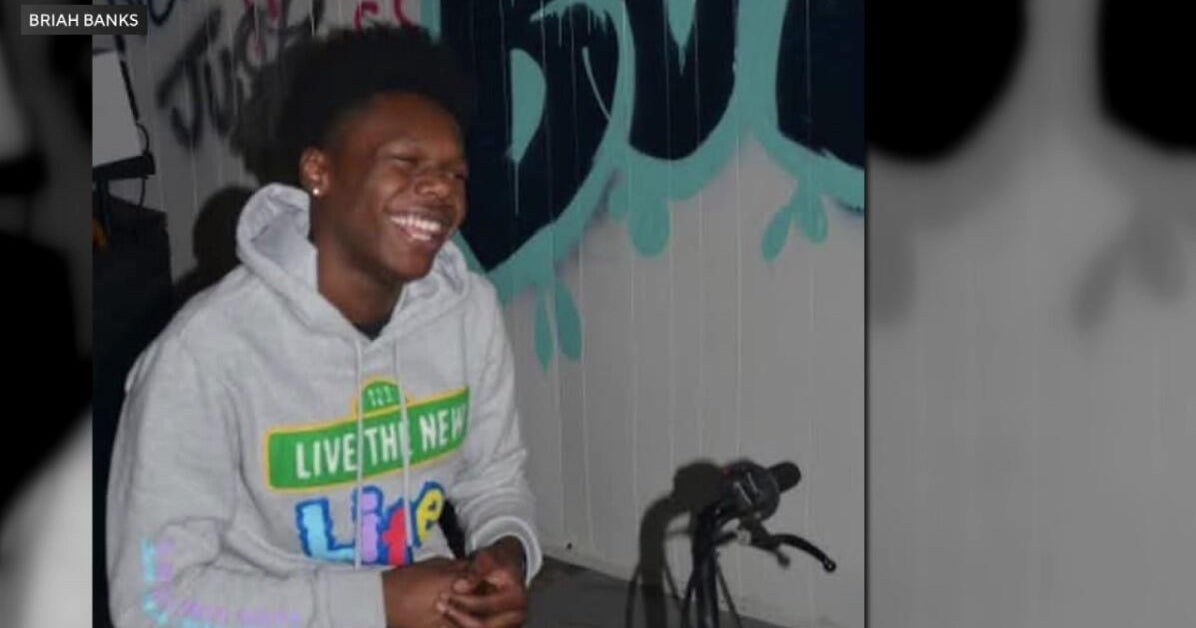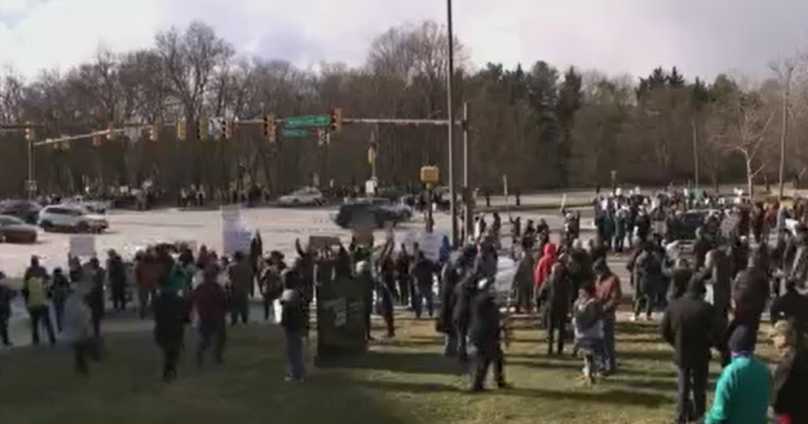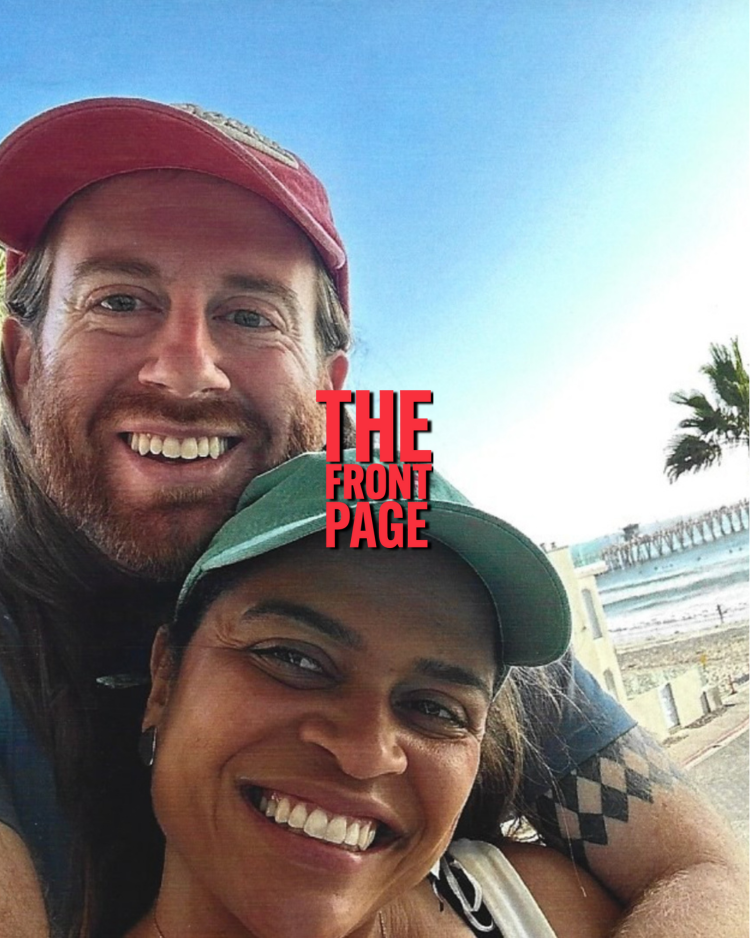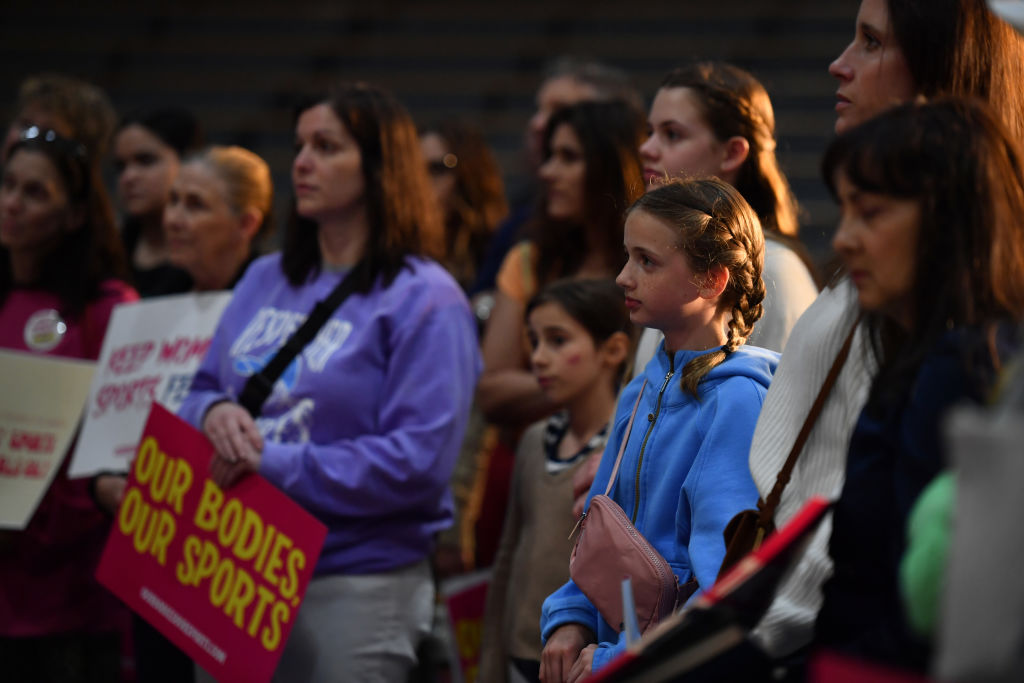Maine gunman's family testifies they "repeatedly called the military" about his mental health
LEWISTON, Maine - The family of the gunman who killed 18 people in Lewiston, Maine last year testified in front of a commission in Lewiston Thursday, saying more could have been done to help him and prevent the mass shooting.
The family of Robert Card will never forget the 18 victims. A commission in Lewiston began speaking with Card's family this week to determine what could have been done better and whether this could have been prevented.
Family concerned with Robert Card's mental health
"First I would like to recognize the loved ones lost on October 25. My family will never forget your names. Each of your names are on our wall and in our homes as a constant reminder, as well as they are on our property, so we can see them as we leave home each day and return home," said James Herling, Card's brother-in-law. "Medical results have concluded that [Robert] had a TBI, traumatic brain injury, that was caused by our own military, not by being in war. His brain was not healthy, and no one knew."
Card was part of the U.S. Army Reserve. James Herling said his wife Nicole repeatedly called the military because she was concerned his mental health would be a problem during training drills.
"Despite leaving numerous voicemails, none were returned," said Nicole Herling. "The Department of Defense's negligence regarding traumatic brain injury must be addressed."
Later, Card was sent to a military hospital before being released. The Herlings said Card had begun to distance himself from the family.
"Although concerned, we assumed the best regarding of our healthcare system, and that if they were releasing him, they must have assessed him to be stable and safe," added James Herling, as he talked before the commission.
As news of the mass shooting hit their family, so did a picture of the suspect.
"I shared it with [Nicole]. She looked at it, and was silent. Just seconds later, her brother Ryan called her. She said to me, it's Ryan, and yelled to show her the picture again," remembered James Herling.
Family says they got no help from law enforcement
Nicole Herling called the police to identify her brother Robert as the suspect. From then on, they said law enforcement was difficult to communicate with, and that they left them with no protection from numerous threats and media requests.
"We did not receive any protection, or any officer around in case [Robert] would have tried to contact us," said James Herling, "Why was my family unable to access one patrol officer? It felt like our family didn't matter, especially when others around the state were provided protection."
Card was eventually found dead near a Lisbon recycling plant. The family claims they pushed police to further investigate that area because they believed it to be a likely hiding place.
"He had a gut feeling, and he knew where his brother was. Ryan knew his brother. If they had listened more clearly, this would have ended the search much sooner, preventing the fear and the chaos in our state," continued James Herling.
Calls for change
In the future, the Cards want a place for military families to go when they have concerns, and a place they will be listened to. Card's ex-wife Cara Lamb, who had a son with him, said she also struggled for a place to go after their son told her he was worried about his father's mental health. Lamb said she tried to go to the school resource officer, because she was concerned that bringing the police to his home would cause more issues for Card.
"I am not sure that we have an appropriate place for those inappropriate questions. If I can't hit anything else but that, that is the whole point of this," encouraged Lamb.
